No matter how much you love your job, sometimes you need a break. You can, of course, request a vacation day. But in the fire service, sometimes it’s difficult to schedule a day off. You shouldn’t feel guilty for needing an extra day for your behavioral health. It’s important to take care of yourself if you’re feeling overwhelmed, tired or stressed from work.
There are several legitimate reasons for a behavioral health day. As a fire fighter, you often deal with potentially traumatic events. You face these challenges in addition to other daily stressors. Doing enjoyable or relaxing activities can help you cope with stress. You learn what takes your mind off troubling thoughts and what relaxes your body.
When you know how to manage stress well, you’ll be better prepared to handle a traumatic event. According to research published in the British Medical Journal, almost one quarter of paramedics display symptoms of post-traumatic stress disorder (PTSD).

How Do You Know When It’s Time for a Day Off?
It’s important to listen to your body when it’s trying to tell you that maybe you should take an extra day off for yourself. Some physical and mental signs that you could be pushing yourself too hard include:
You’re Exhausted, But Can’t Sleep
As a fire fighter, it’s not hard to feel mentally overworked. You often experience highly stressful calls, along with normal daily stressors. When your sleep suffers, so does your overall health. Taking a day to sleep in or go to bed early could just be the remedy you need. However, difficulty sleeping could be a sign of PTSD or another behavioral health problem.
You’re More Anxious Than Usual
A behavioral health day can help treat your anxiety in two ways. First, a day off can help you step away from your work environment. Second, a day off gives you the chance to do some specific relaxing activities. When you relieve anxiety and stress, you can perform better at work when you return.
Here are a few good ways to use a behavioral health day to reduce anxiety:
- Spend time with your loved ones
- Practice yoga or meditation
- Do arts and crafts projects
- Listen to music you love
- Spend time outdoors
You Can’t Focus
If you can’t focus on work tasks, you could put your safety and the safety of others at risk. Make sure your mind gets a chance to rest throughout the day. This will help your improve focus, concentration and job performance.
You’re Feeling Down
Sometimes your personal life is stressful. Other times, you may get caught up in firehouse drama. Either way, emotional strain can take a toll. You may feel the weight of other people’s problems bringing your mood down. A day off the job can help you get some distance from those situations and allow you to improve your attitude and state of mind.v
You’re Easily Angered
If you’re feeling physically tense, restless and achy, it could be your body telling you that you have too much pent-up energy and emotion. Spending a day by yourself can ease some of the pressure you may be experiencing.
You Keep Getting Sick
When you overwork yourself, your immune system is weakened. Your body cannot keep up its defenses as easily when it is stressed and exhausted. As a result, you may get sick more often. An extra day of rest and healthy habits can boost your immune system.
Watch Out for Your Behavioral Health
Taking a behavioral health day every now and then is a good idea for your overall health. However, if you find yourself taking a day off work every week, you may be experiencing a more serious behavioral health problem, such as PTSD. If you are struggling to function at work or home for longer than a few days, you may need to seek treatment. This is important to address before your behavioral health worsens.
If you or someone you know struggles with a behavioral health or substance use disorder, recovery is possible. At the IAFF Center of Excellence, our staff understands your profession and how to treat your needs in a specialized way. Call to speak to a representative about treatment options 24 hours a day, seven days a week. The call is free, confidential and there is no obligation to enroll in treatment.




